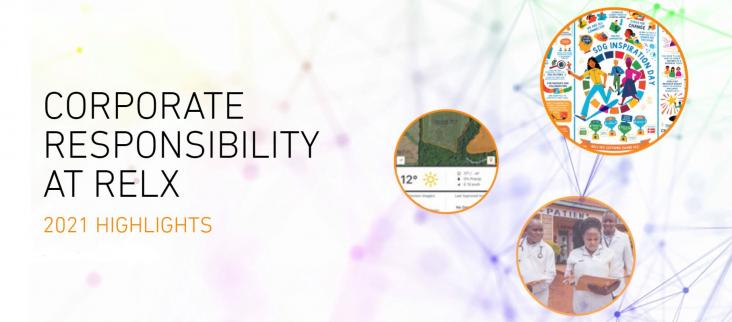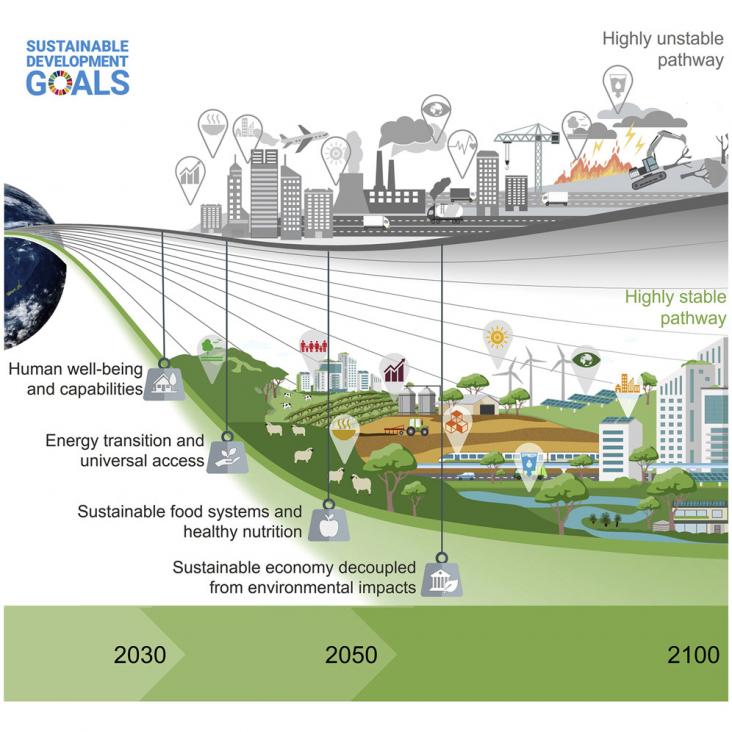This article advances SDG # 13, 1 and 11 by identifying ways to meet the dual objectives of poverty eradication and staying within the biophysical safe operating space of the climate via integrated policy packages supporting strong economic development, ambitious educational attendance, sustainable dietary choices, low fossil fuel consumption and energy demand, and lower fertilizer consumption.
We observe the link between Artificial Intelligence (AI) and Sustainable Development Goals (SDGs). We use automated methodologies to find insights and overlaps between AI and the SDGs. AI-Ethics frameworks need to give more attention to Society and Environment areas. Inclusive action is needed to balance the efforts for solving SDGs by using AI.SDGs 13, 14, and 15 (all related to the Environment area) are not sufficiently addressed.
Partner content
Global CitizenGlobal Citizen, 7th February 2020
Millions of children globally cannot attend school because they live on less than $1.90 a day. The article explores the relationship between SDGs 1 and 4.
This supports SDGs 3 and 5 by supporting access to care and contraception.

In 2021, RELX continued to build on our strong corporate responsibility (CR) performance during the year, further improving on our key internal metrics and extending the scope of our unique contributions. This article is linked to SDGs 1,3,10,11,12,13 and 16, in line with RELX's areas of expertise.
This study underwrites the pivotal role of voluntary work in reducing the impact of symptoms of stress on the development of depressive symptoms and the likelihood of being prescribed an antidepressant.
People with any disabilities accounted for a quarter of total deaths. People with disabilities had higher average ages and poor economic conditions. All disability types presented higher mortality rates and lower life expectancy. The major causes of death differed according to the type of disability.
Partner content
World Bank
These dashboards present data from the World Development Indicators (WDI) that help to monitor the Sustainable Development Goals (SDGs).

Indicate the importance of adopting longer-term timeframes and pathways to ensure that the necessary pre-conditions are in place for sustainability (including climate action) beyond the current 2030 Agenda.
RELX SDG Customer Awards aim to recognise RELX customers who share our commitment to driving action in support of the United Nations Sustainable Development Goals. Read more about the 2022 winners.
